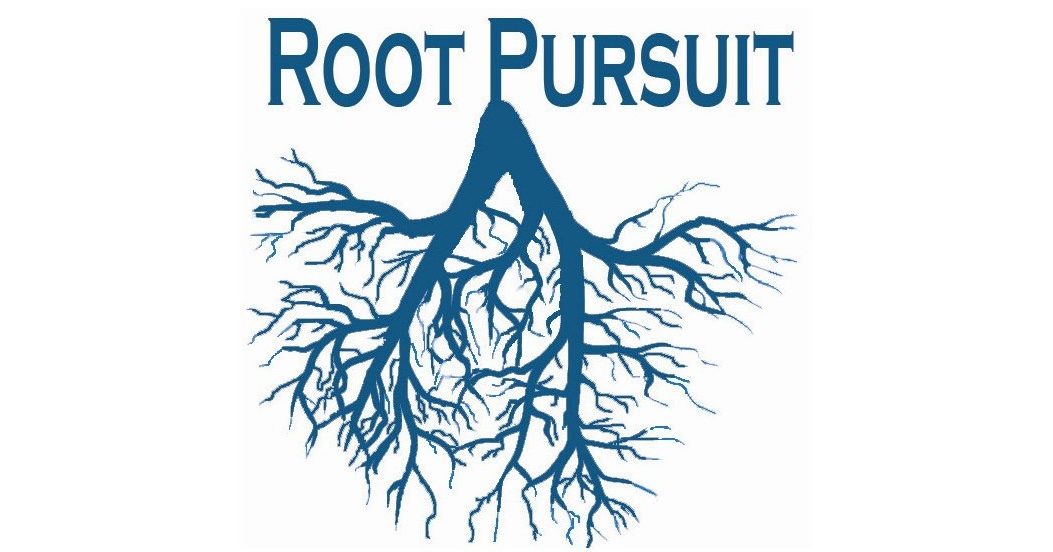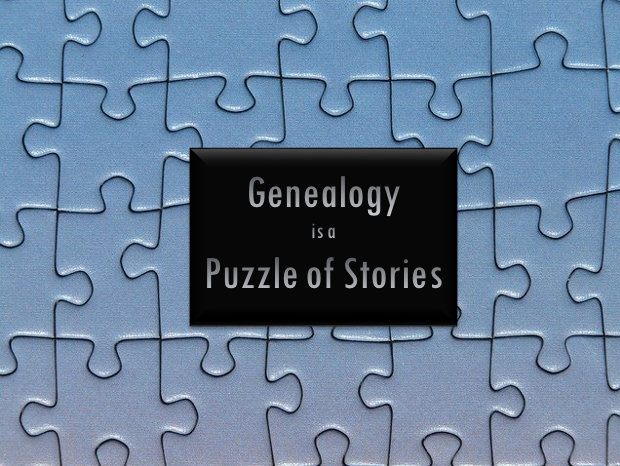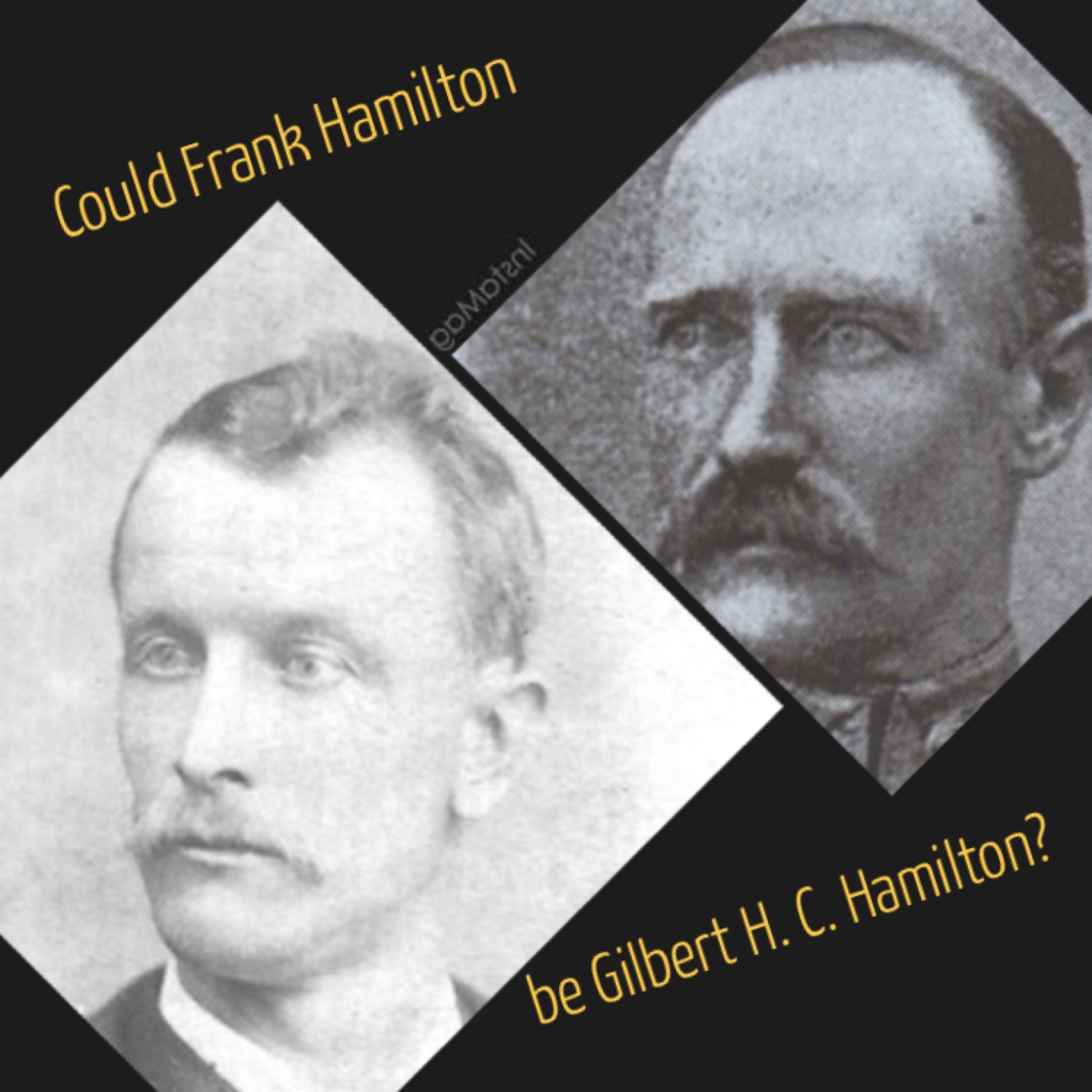Written by Heather Wylie

My grandfather used to say that when he was in the military he helped map the world. He was, of course, talking about his role in photo-mapping and its importance to cartography.
Maps in genealogy research are amazingly helpful. You never know what you might find! Your ancestor’s addresses are often available on census records, old mail, city directories, and more – most of which is public record! Here are three main reasons why you want to map out your ancestors:
Understanding where your ancestors traveled or lived
Understanding where your ancestors traveled or lived helps you understand more about who they were and what their lives were like. My grandfather had an old Styrofoam pith helmet where he wrote the names of the places he had lived. This helmet was amazingly helpful when documenting my grandfather’s life – not only where his career took him, but also what he experienced.
I knew, for instance, that he had lived in Berlin so when I found pictures from Berlin I was better able to recognize their significance and could more easily attribute to whom the pictures belonged. I also began to understand my grandfather as an individual (one of the main goals of genealogy) – his love of travel and adventure, the bonding that came when I traveled to some of his favorite places, and the way that his life was shaped by other cultures.
You never know how you’re going to finally break through that irritating brick wall. I noticed once, when I was working on a family, that their addresses were listed on the left side of the census record. I decided to look that up, out of curiosity, to see where these people had lived. Not only did I find the ancestor I was looking for, but I also found (because I had my map handy) that her daughter lived on the road right behind hers!
It’s not uncommon for family members to live close to one another, and in revisiting the census record I began looking for other family members (cousins t hat had previously been unknown or ignored). Upon further research, I discovered their connection to the family as well! What an amazing way to break down a brick wall!

Mapping your ancestors can help you find new resources.
If you are able to prove that your ancestor lived somewhere, or traveled there frequently, you may be able to uncover information outside of traditional census records that you were unaware of. My 3x great-grandfather lived in Kansas.
He was a home builder by trade and often traveled to Iowa. Being aware of this led me to discover that he was responsible for many homes in Iowa and in discussing this information on other blog posts led to new resources (a woman lived in a home he built and had letters that he had written to the original homeowner!).
Although it can be a time-consuming process, mapping out your ancestors’ lives can help you not only better understand who they were it can also shine a light on what was most important to them, often their own family.
In better understanding the community our ancestors lived in, new records can also be uncovered and brick walls can be broken down. Take the time, read your records, and map out your ancestors.
It’s worth it, I promise.





